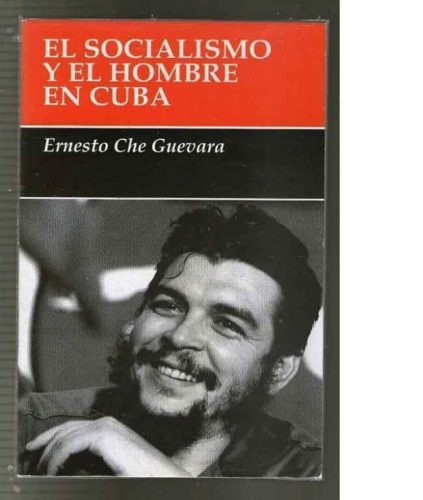Half a century and five years have passed since the physical disappearance of Commander Ernesto Che Guevara and for Cubans it continues to be essential to return, time and time again, to the legacy of the work that he displayed during his brief and fruitful participation in the early days of the construction of a new society on the Island.
Given the current challenges facing the country, it emerges with all the vitality of its ideology, an appreciation shared during the debates of the 2022 Scientific Conference on Socialism and man in Cuba, in the present, with the assistance of specialists and academics from various institutions.
At the Friends of the Country Economic Society (SEAP), venue for the event co-sponsored by the Che Guevara Study Center, Dr. María del Carmen Ariet García, deputy director of that entity, recalled the declarations of the Heroic Guerrilla Fighter published by the Young Africa magazine, the March 22, 1965 when he stated: “the most important characteristic of Cuba is to be a country that experiences a Revolution that is in constant movement and that is constantly being renewed.”
Che added that while this was happening, “the country thinks and ponders; there is the aspect of action and the aspect of reflection.”
In the panel that introduced the topic Fidel Castro and Che Guevara about socialist construction, Dr. Francisca López Civeira, from the University of Havana, gave an overview of the national and international context since the triumph of the Cuban Revolution in January 1959 and during the early 1960s.
He recalled some public interventions by the Commander in Chief and the Heroic Guerrilla fighter related to the economic development of the social project on the Island and the role of the working class in the enormous task.
The participants referred to certain criteria that seek to oppose the legacy of these leaders. Delving into the subject, Dr. Luis Suárez Salazar, professor at the Higher Institute of International Relations, pointed out the existence of a harmonic confluence in the thinking of both and cited several examples, including the concepts of ethics, the value of volunteer work, the education of the people and in particular of the workers, as well as anti-imperialism and the sense of internationalism not as a common duty but as a necessity for the revolutionary states themselves. “We need to go back to Che, we need to go back to Fidel,” he emphasized.
He drew attention to the loss of historical memory, especially in current times, in new generations and not so new. It meant, in turn, the need to intensify institutional efforts, beyond the work that we can do on our part.
In the opinion of Professor Mildred de la Torre Molina, from the Institute of History, it is necessary to analyze how the History of Cuba is taught from primary education, who teaches the subject and how the message arrives without a slogan, since it is not possible to create awareness without knowledge
The meeting ratified the agreement of the SEAP Governing Board to award the Pro Patria Award to the Fire Department of the Republic of Cuba in recognition of the heroic courage and altruism of its members in the Hotel Saratoga accident in Havana and in the fire at the supertanker base, in the province of Matanzas.
The honorable stimulus will be delivered shortly, as announced by Dr. Zoila Benítez de Mendoza, president of SEAP, who also presented the book Topics in debate to think about current Cuban society, which brings together in five chapters aspects such as the Cuban Project of socialist development; Ethics, socialist rule of law and popular control; Local development, training, autonomy of municipal structures and popular participation; The Party and other political actors in Cuban society and Spirituality, Knowledge and Historical Memory, Social Communication.
If we had to summarize the unifying element or thread that exists between the various problems dealt with by the authors of the 28 articles presented in these pages, we could do it with a single word: current affairs, he highlighted in his speech.

